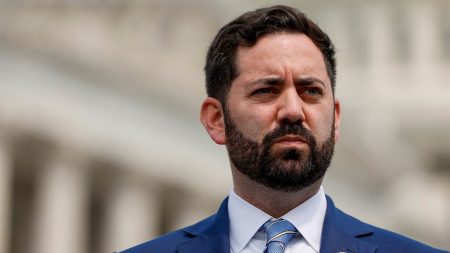Labor unions pushing to organize Starbucks employees this week filed yet another complaint accusing the company of union-busting practices, saying the coffee giant’s membership in the United Nations Global Compact is “self-serving” and does not reflect what’s truly happening.
One of the 10 principles of the U.N. Global Compact, a voluntary initiative that encourages corporate sustainability and which Starbucks has been a member of since 2004, is that businesses should uphold workers’ rights to freedom of association and collective bargaining.
The Service Employees International Union and its affiliate, Workers United, said in their complaint filed with the Global Compact on Monday that Starbucks
SBUX,
violates that principle. They cited numerous examples, including that since 2020, when Starbucks employees in U.S. stores began to organize, the company has “fired more than 200 union activists and made multiple threats of reprisal against workers if they vote for a union.”
The unions also noted that there are hundreds of related legal cases accusing Starbucks of unfair labor practices at various stages of the U.S. labor-law system, which includes the National Labor Relations Board and the courts. More than 1,300 cases related to the company can be found on the NLRB website — “the largest volume of NLRB cases involving a single private-sector company,” according to the unions. By comparison, there are more than 400 cases related to Amazon
AMZN,
which is also facing a unionization effort.
SEIU International President Mary Kay Henry said in an interview with MarketWatch on Monday that because membership in the U.N. Global Compact is voluntary, “it’s clear that Starbucks is engaging in bluewashing,” a term that refers to companies making deceptive claims about acting in a socially responsible manner.
“Big companies like Starbucks have a line [they say],” Henry said. “They repeat the line in the face of reality and evidence.”
The unions asked the group to “address Starbucks’ systematic and egregious abuse of the Global Compact’s overall aims and principles.”
Starbucks spokesperson Andrew Trull said Monday that the company “respect[s] the right of all partners to make their own decisions about union representation without fear of reprisal or retaliation, and we are committed to engaging in good faith collective bargaining for each store wherever a union has been appropriately certified.”
Trull added that “the complaints and [administrative law judge] rulings against Starbucks involve allegations some of which are disputed by Starbucks, none of which are final, and are not equivalent to findings that violations have occurred under the system of adjudication Congress created.”
Elena Bombis, the senior manager of integrity at the U.N. Global Compact and the person to whom the unions’ complaint was addressed, did not immediately return a request for comment. The compact has been known to delist companies that have failed to adhere to the agreement’s principles.
From the archives (March 2023): Shareholders tell Starbucks to examine its commitment to worker rights amid union fight
A few weeks ago, the SEIU and Workers United, along with the AFL-CIO, filed a similar complaint with the International Labour Organization (ILO), the U.N. workers’ rights agency whose mission is to promote “decent work” for all.
Henry said she hopes that Starbucks’ new chief executive, Laxman Narasimhan, will make changes in the way the company handles union activity as he feels sustained pressure, including from lawmakers, shareholders and the unions themselves.
In 2020, Starbucks committed in a “global human rights statement” to respecting the principles of the U.N. Global Compact, the ILO Core Labor Standards and more.
“It’s time for the new CEO to live up to the company’s statements,” Henry said.
From the archives (March 2023): Howard Schultz tells Bernie Sanders that Starbucks ‘doesn’t need a union’
From the archives (April 2022): Unions’ push at Amazon, Apple and Starbucks could be ‘most significant moment in the American labor movement’ in decades
Read the full article here













